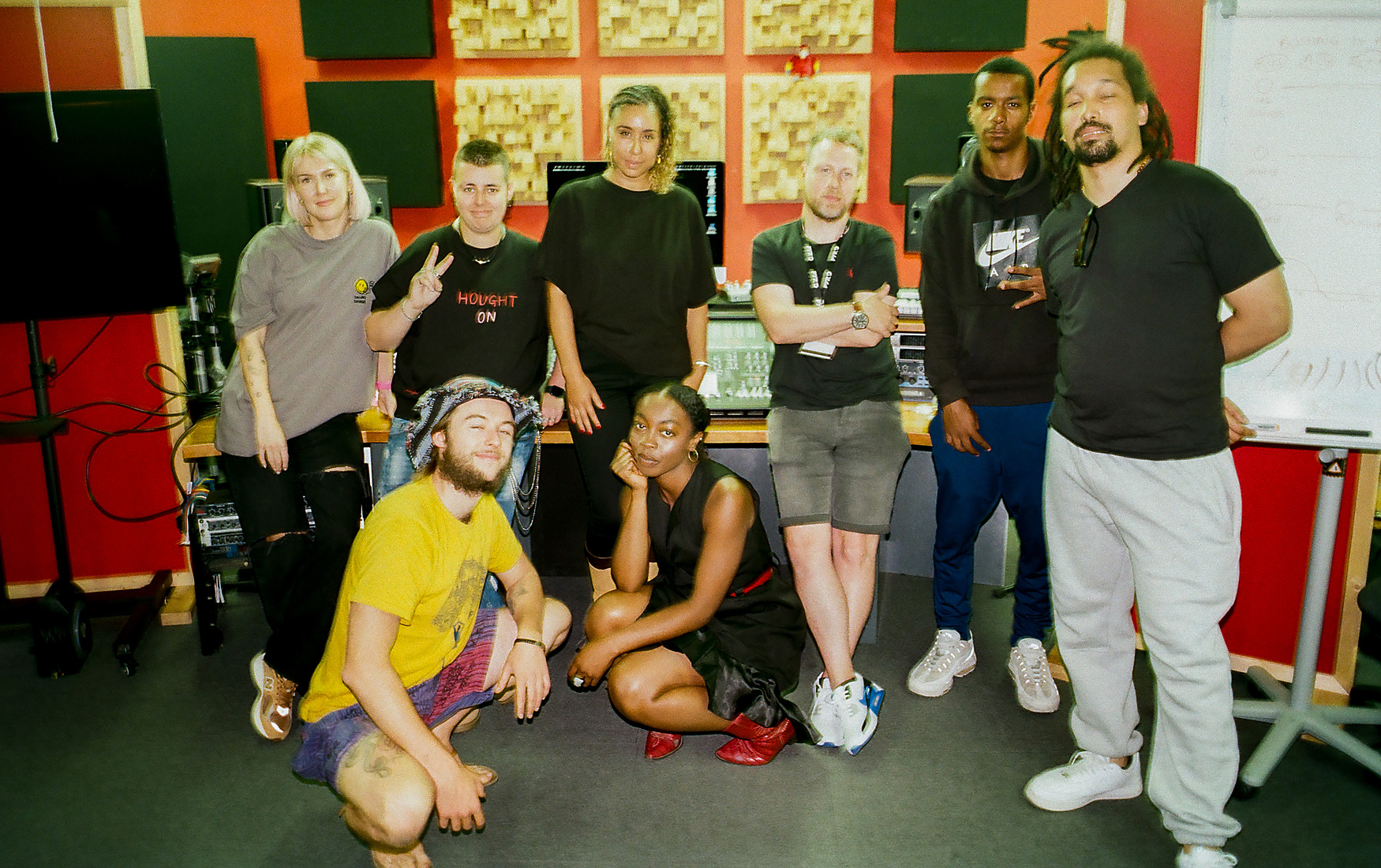
OUR MISSION IS SIMPLE: ENABLE THE NEXT GENERATION OF MUSICAL TALENT.
We want to provide music education access to all by breaking barriers and connecting next gen talent with experts in the industry.

We want to provide music education access to all by breaking barriers and connecting next gen talent with experts in the industry.
At Community Music, we believe that music education should be accessible to all. CM was started by Dave O’ Donnell and John Stevens back in 1983 when there were no community projects, and since then, we’ve been breaking down barriers and empowering people with a love for music to pursue their dreams.
We're not like other music institutions. We're a small, tight-knit community with a family feel. Our hands-on approach to learning means you'll get the support you need to succeed, no matter where you're starting from. Our projects and courses are free or low cost, meaning you can get high-quality music education without breaking the bank.
Our innovative models of youth music and training have been recognised by The Arts Council and we've been at the forefront of music technology in community music practice. We piloted the first creative NVQs and created vocational training models designed for the community music sector.
We've provided alternative music provision for tens of thousands of young people nationally and professional training to hundreds of skilled musicians to become, what are now called, music leaders. Our courses offer a direct alternative to traditional music education, and we're constantly pushing the boundaries of what's possible in the music industry.
So if you're a bedroom producer or a seasoned musician looking to teach the next gen of musicians, join our community and pursue your spassion for music.
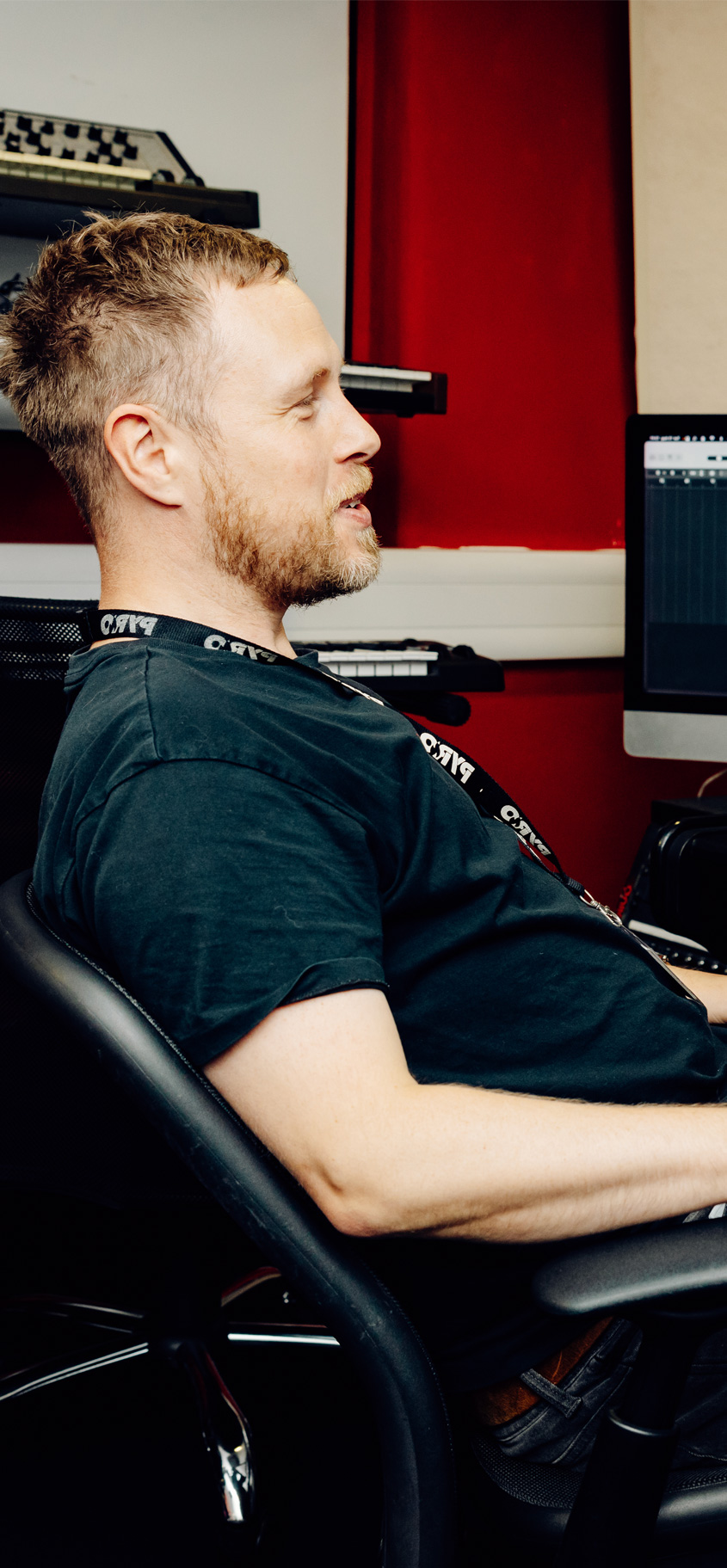

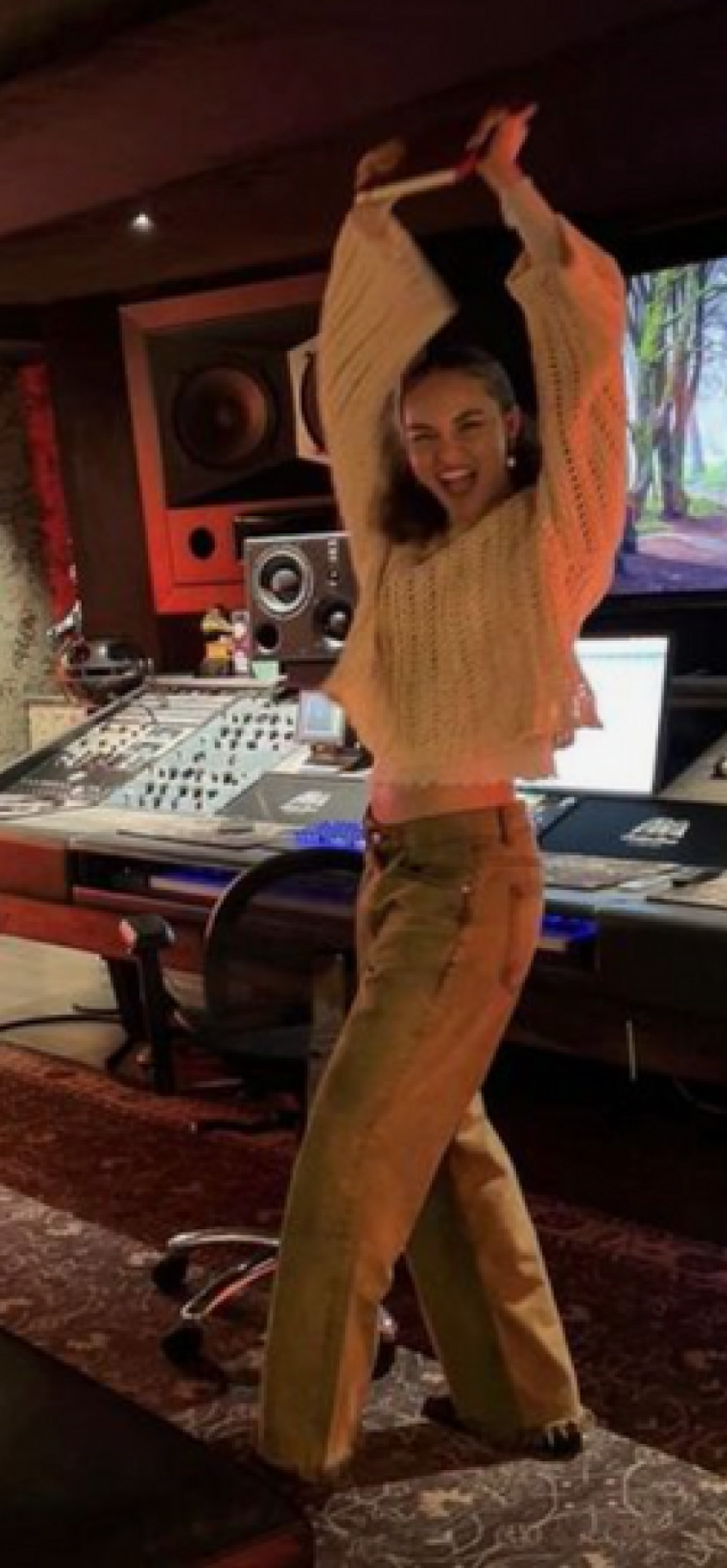
At CM, our music leaders are more than just teachers, they're friends and mentors who share their passion and experience with you. They're all professional musicians or producers currently working in the music industry and we're proud to say that they're some of the best in the business.
We train our team in-house, so you know you're getting the highest level of expertise, and they're all fully qualified music leaders with years of experience.
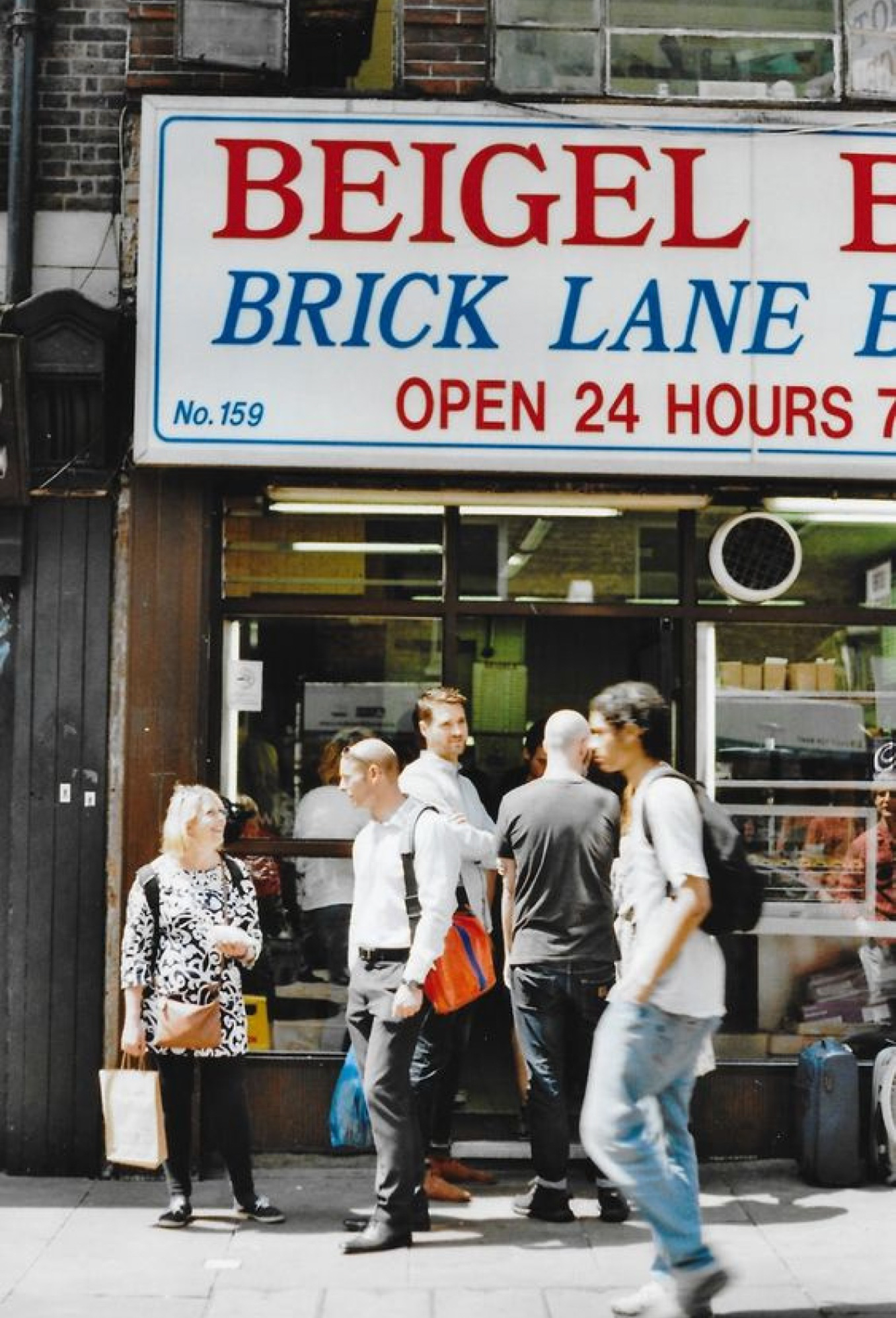
At Community Music, we're lucky enough to be located in the heart of East London, surrounded by vibrant music, arts and culture. Our state-of-the-art facilities are purpose-built for musicians and producers of all levels, giving you the perfect space to hone your craft and create something truly special.
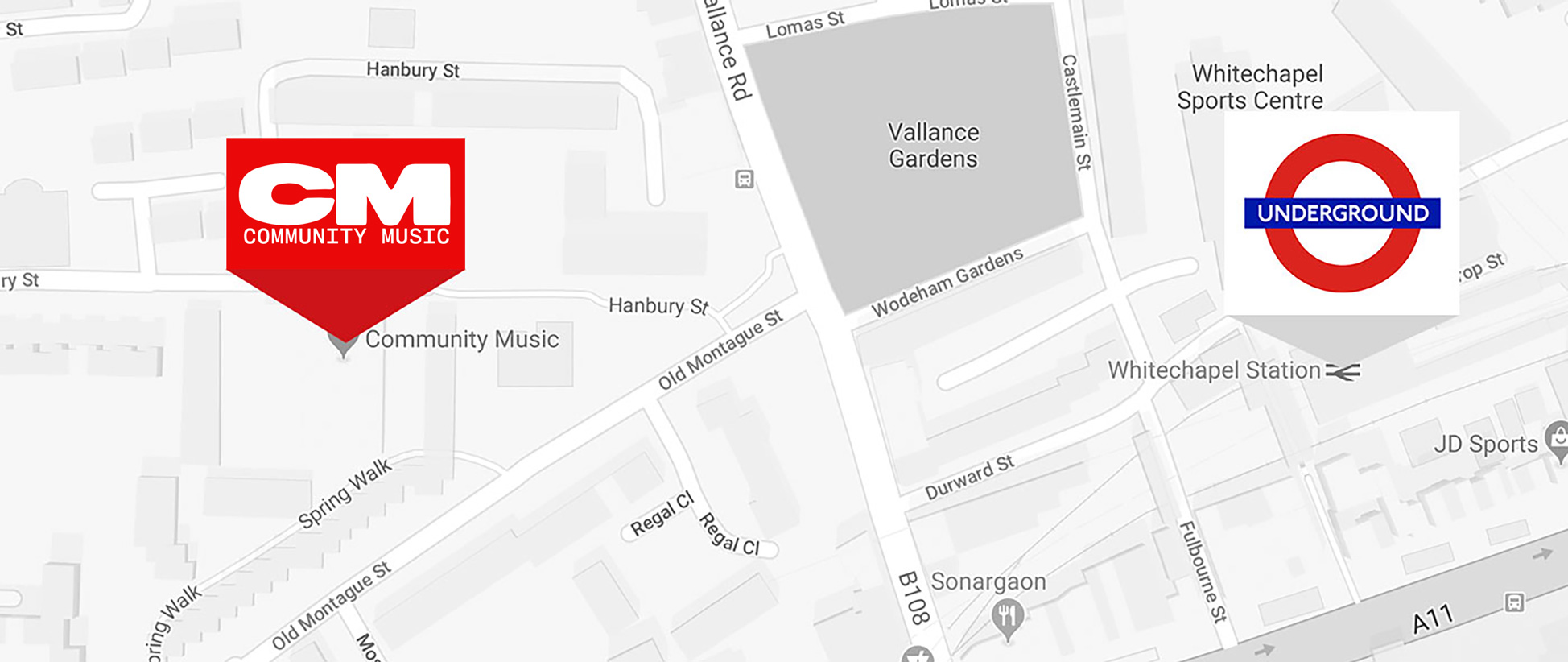
Community Music is located at The Brady Arts and Community Centre and is easily accessible by public transport.
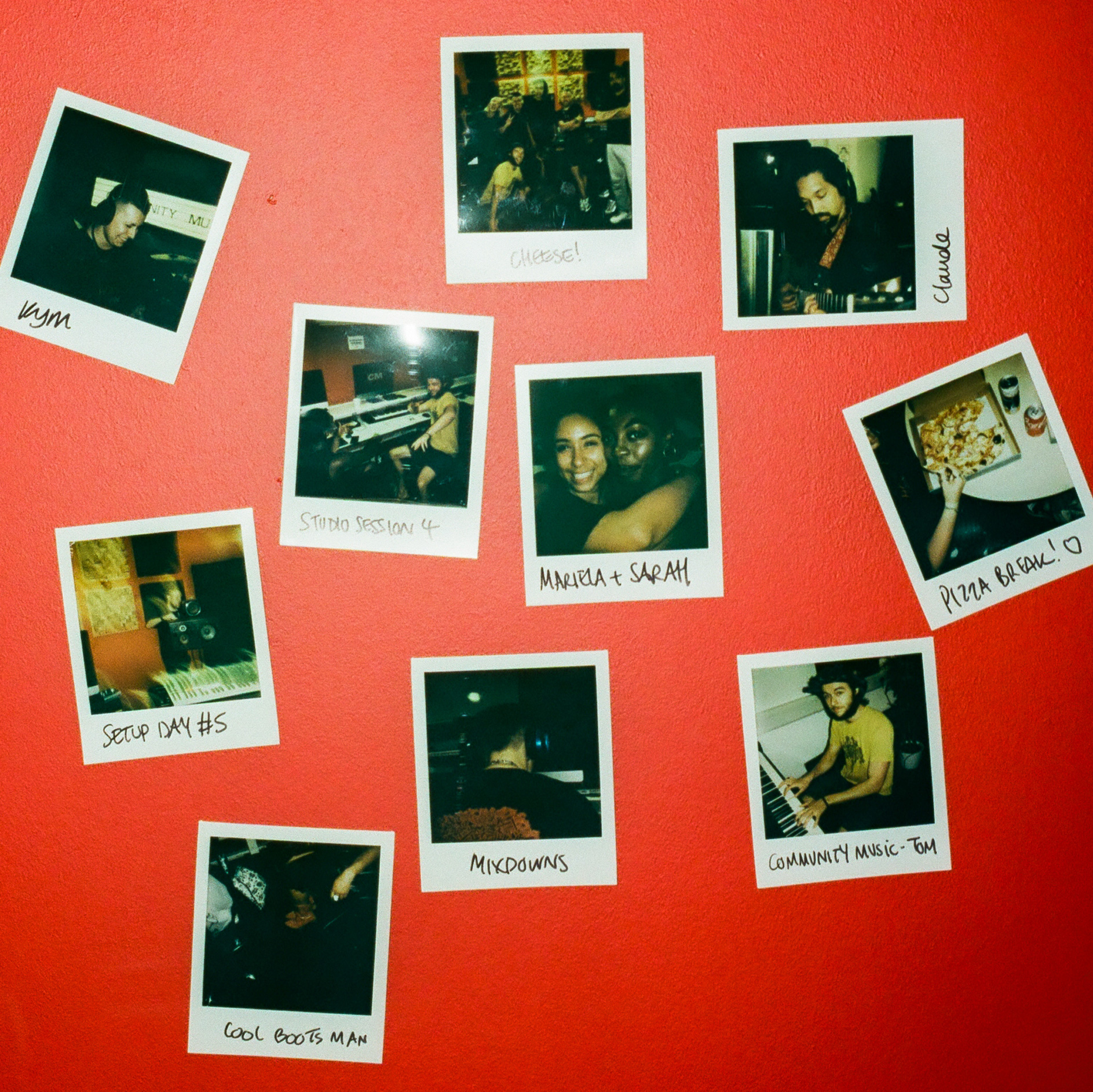
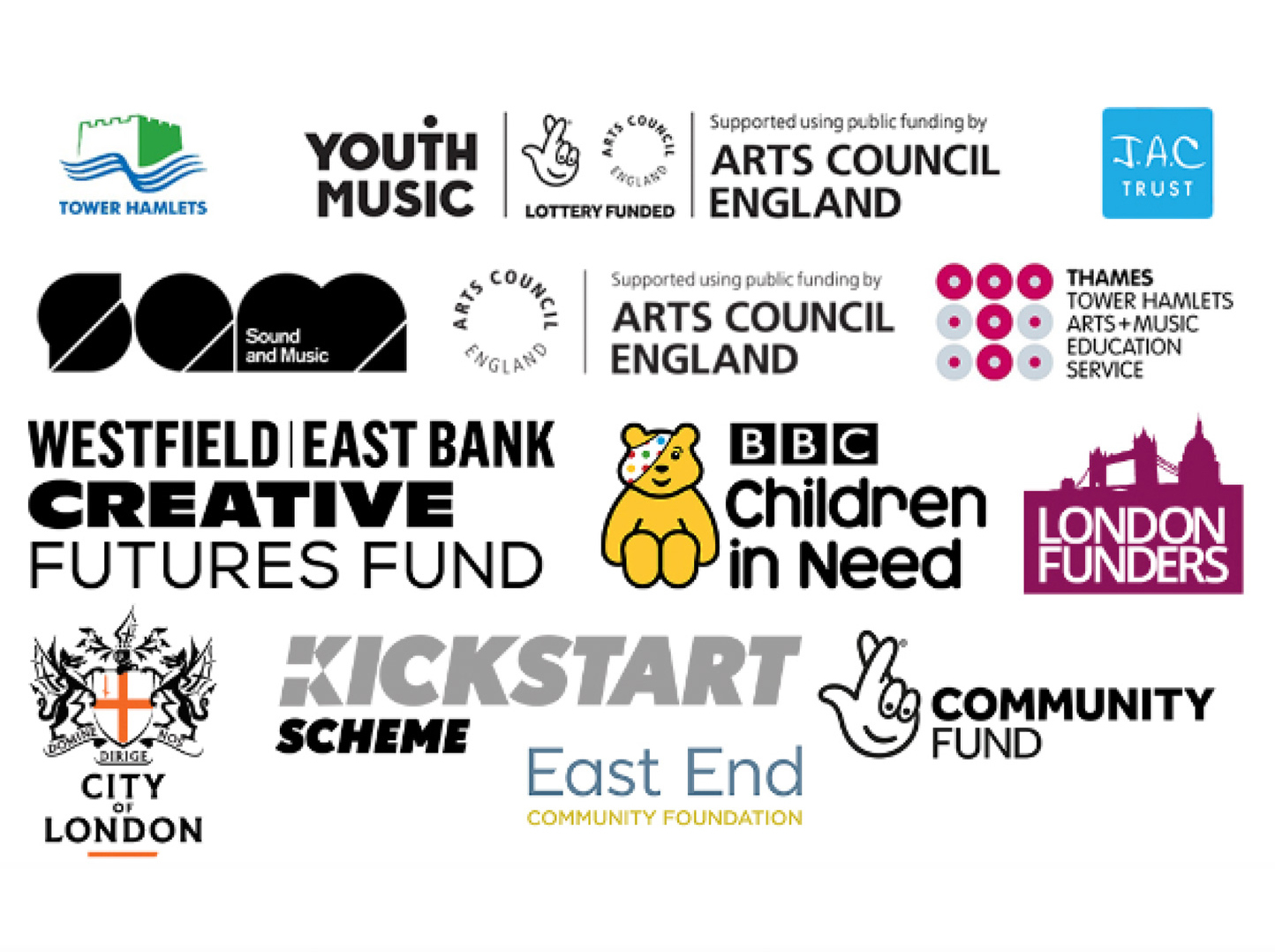
YOUR EXTENDED COMMUNITY.